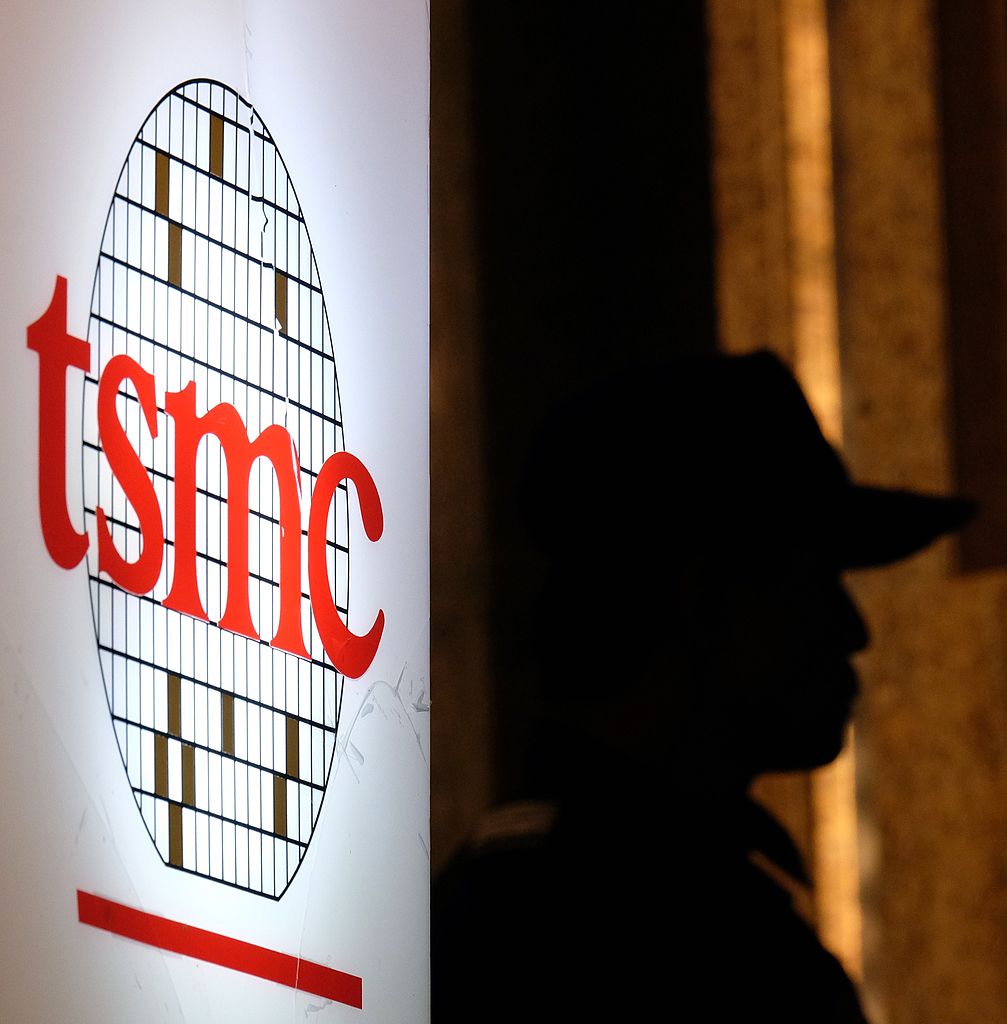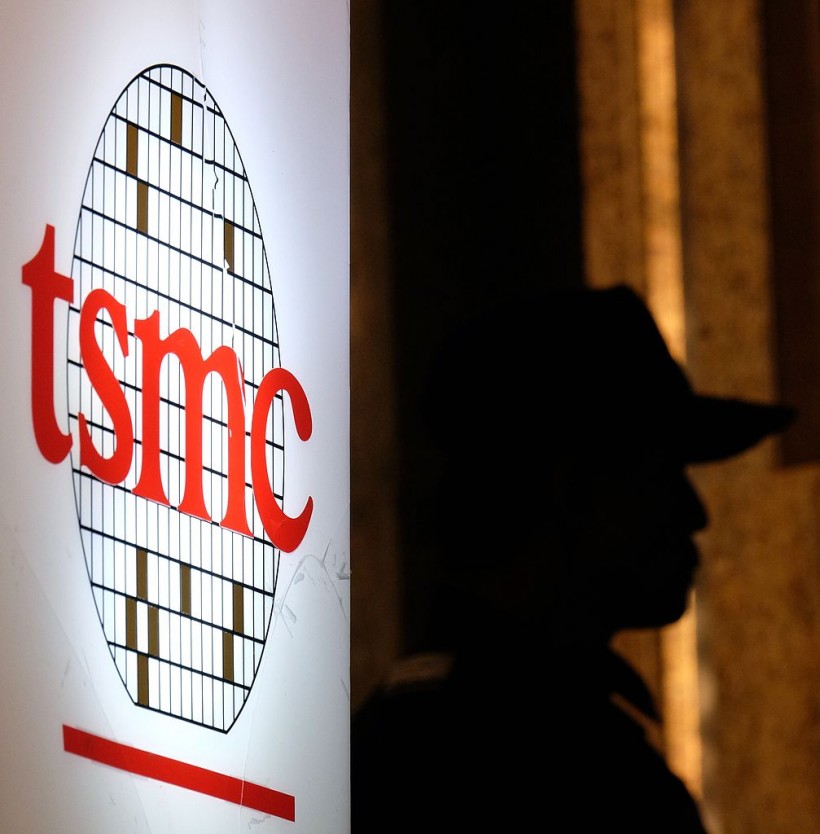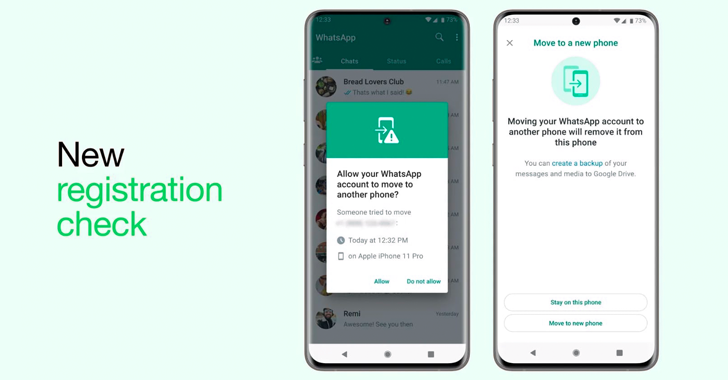CrowdStrike CEO says AI can help prevent ransomware attacks
- CrowdStrike CEO George Kurtz told CNBC’s Jim Cramer why AI can help companies fight against cybercrime.
- “We can identify these pieces of ransomware without ever seeing them in the past. And that’s different than signature-based technologies that are out there today,” Kurtz said.
CrowdStrike CEO George Kurtz told CNBC’s Jim Cramer that using artificial intelligence is important in fighting increasingly sophisticated ransomware attacks.
“We can identify these pieces of ransomware without ever seeing them in the past. And that’s different than signature-based technologies that are out there today,” Kurtz said. “Right now, ransomware, on average is, $8.5 million per ransom event, which is double just over the last month.”
But as much as AI helps outfits like CrowdStrike, cybercriminals are also benefitting from it with “Dark AI” tools like FraudGPT. The new technology allows them to attack organizations without having a lot of knowledge in house, Kurtz said.
Kurtz stressed the importance of identity verification when it comes to preventing cybercrime, saying the biggest weakness is “between the keyboard and the chair,” or individuals. He said CrowdStrike’s technology gives extra identity challenges to adversaries, even if credentials have already been compromised, buying more time to stop them.
Publicly-traded companies are reassessing their cybersecurity measures since the Securities and Exchange Commission adopted new rules that require them to disclose breaches within four days. Kurtz said this has created more business for CrowdStrike.
“Those are tailwinds that we see in the business, and it’s something that every publicly traded company is going to have to deal with,” he said.




